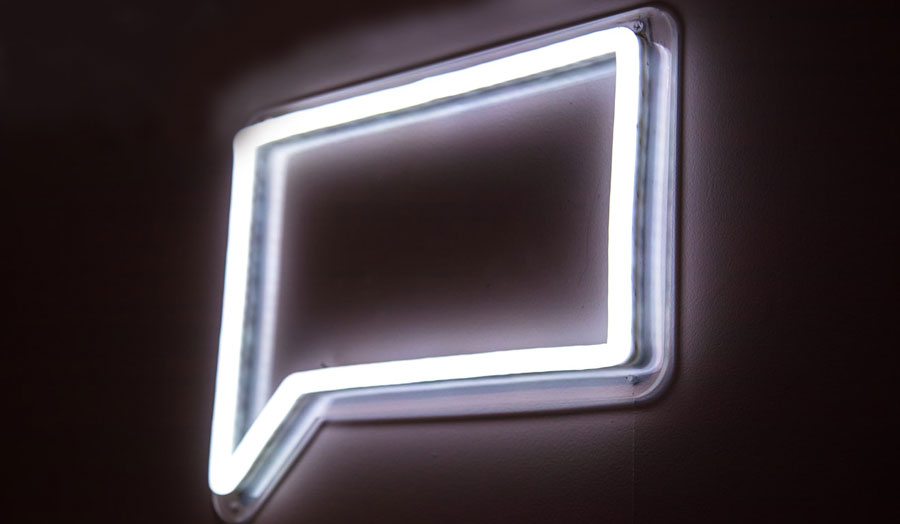Jessica Hoarau reports on the launch of the Decolonising Met Working Group, which aims to create positive change and dismantle colonial practices within our curricula and institution.
Date: 24 July 2020
Tuesday 7 July marked the virtual launch of the Decolonising Met Working Group, a core part of the University’s Education for Social Justice programme. Visiting Professor Dr Jason Arday, presented the working group with a personal and professional perspective about decolonisation; what it actually means and entails. As a community, we benefited greatly from his expertise on the historical strand of the movement and how this work might be furthered at London Met. Many other institutions have chosen to actively work towards and prioritise decolonisation, which begins with confronting the damaging legacy of colonisation. As we work alongside other institutions by sharing articles, and hosting discussions and events, it is crucial that we understand what it means to decolonise London Met specifically; that the same exact process could not be reciprocated at another institution and vice versa.
The definition of decolonisation is different everywhere; it is dependent on many factors, for example, an institution’s geographical location. There is no one way to do practice decolonisation and there is no one person who is best placed to do this. Decolonisation is a collective process. Co-production is integral for making positive change and dismantling colonial practices. As we move forward and continue the discussion and the development of the Decolonising strand of the University's Education for Social Justice Programme, it is important that we continue to challenge each other with information and become comfortable with the uncomfortable.
In addition to working together, we also need to take personal responsibility and take accountability for our contributions and faults. Throughout this journey of decolonisation, we will be presented with terms we are familiar with and terms we are not so familiar with. Our commitment to the movement and to our students means it is our obligation to do our research, and start creating and taking positive action. We must become knowledgeable and comfortable with topics such as race, gender and sexuality. If we make mistakes, then we learn, whilst being aware and accountable for our words and actions. It is better to say something than nothing at all. Even if we say something in error, it allows us to effectively respond and take action to identify and implement change. As we move forward as a community, it is essential that we confront and empower each other, working to make our surroundings reflective of the diverse community that we are all so proud to be a part of.

